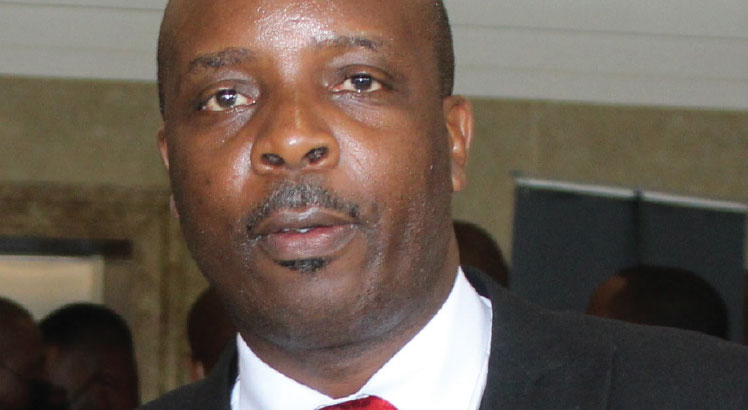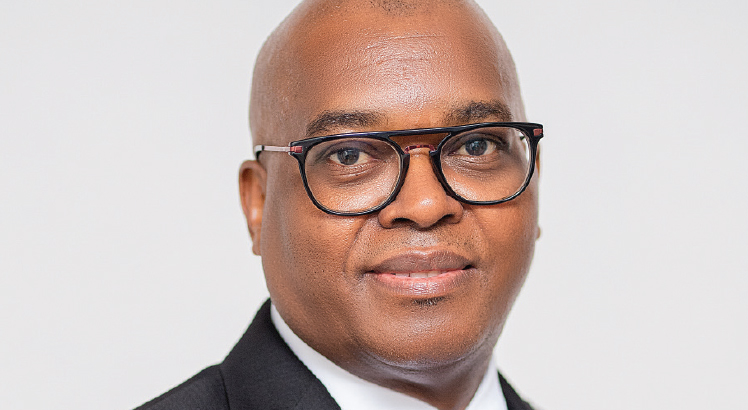Malawi Economic Justice Network (Mejn) has lamented slow progress towards the implementation of debt strategies, urging authorities to speed up the process.
Mejn executive director Bertha Phiri said this yesterday in Blantyre during discussions on the Mid-Term Debt Management Strategy with civil society organisation representatives.
She said while they appreciate the measures put in place by the Malawi Government, they want to see to it that the strategies are progressing.
Said Phiri: “Our interest is what has been the progress so far? Measures can be put in place, but what are the efforts towards the same?
“We have heard that there are some measures such as the debt retirement mechanism, debt restructuring, talk about International Monetary Fund [IMF] Extended Credit Facility [ECF]. Going forward, we need to see to it that we are implementing these mechanisms.”
Phiri said under their Debt Transparency Project, Mejn is advocating for possible debt restructuring mechanisms, but also to track the duty-bearers on attaining sustainable debt.
“We have already started conversations with key actors like International Monetary Fund and the World Bank,” she said.
In his virtual address to the meeting, Ministry of Finance and Economic Affairs principal debt and aid officer Richard Zimba said restructuring negotiations with selected creditors will restore debt sustainability in the medium-term.
He said Treasury is banking on discussions with the IMF for a programme by mid-November which could unlock foreign exchange inflows from development partners and development finance institutions.
“Migration to Medium Debt Management System would also enable Ministry of Finance and Economic Affairs to have a holistic view of public debt at any point in time,” he said.
The Malawi Government has been engaging its creditors to restructure its ballooning external debt to ensure that it accesses funds under IMF’s ECF.
Meanwhile, Malawi is yet to kick-start operations for the debt retirement fund three years on.
At the time of incorporating the fund into the amended Public Finance Management Act, Treasury said they intended to allocate some seed resources to the fund by, among others, levying some goods that people consume such as beer and cigarettes.
At the time the fund was created, public debt stock stood at K5.5 trillion. But now, Malawi’s public debt has risen to K9.4 trillion or 75 percent of the gross domestic product in March 2023, according to the Annual Public Debt Report by Ministry of Finance and Economic Affairs.
In an earlier interview, development economist and former Reserve Bank of Malawi Governor Dalitso Kabambe said in an earlier interview that with insatiable appetite for borrowing, this is an unavoidable situation for Malawi.
He said: “Actually, what started as mere public debt borrowing obsession, immediately revoked first-round effects, which included crowding out of the private sector from the credit market and scarcity of foreign exchange as funds borrowed from the domestic market were used on imported goods and services.
“Second-round effects are also creeping in now and they include the soaring public debt charges, which are wiping out the much- needed fiscal space in the national budget for critical expenditures in agriculture, health, education, security, industrial development, tourism and others.”
Kabambe, who is an aspiring candidate for the opposition Democratic Progressive Party presidency, said with the growing macro-economic instability arising from fiscal policy failures, tightening of both monetary and exchange rate policies becomes inevitable, which result in unintended consequences of rising interest rates and exchange rate risks to the total public debt stock; hence, the vicious cycle of debt trap.
The post MEJN urges action on debt strategies appeared first on The Nation Online.
 Moni Malawi
Moni Malawi 

